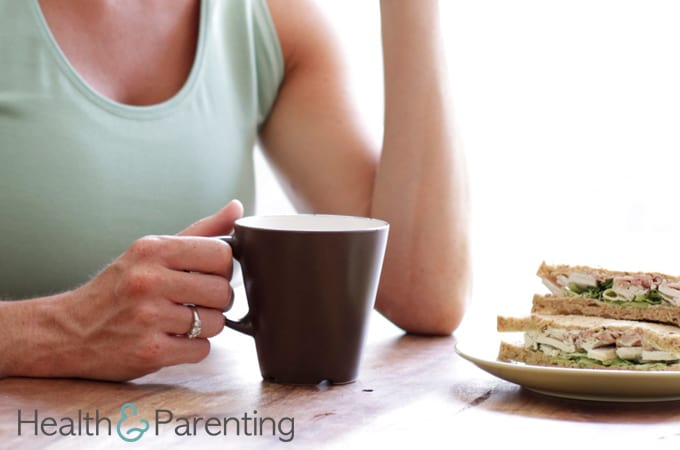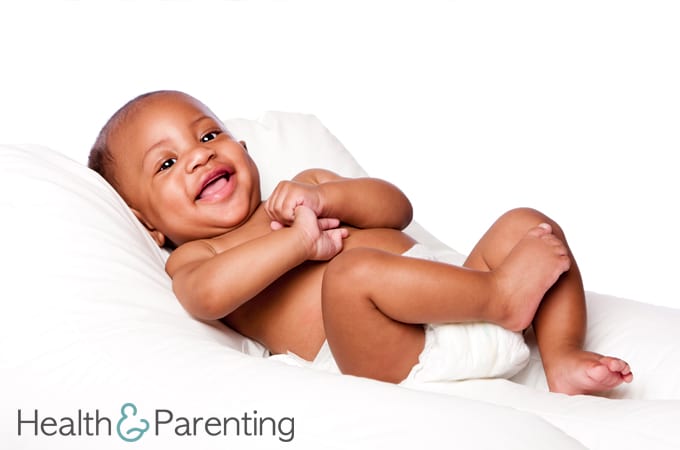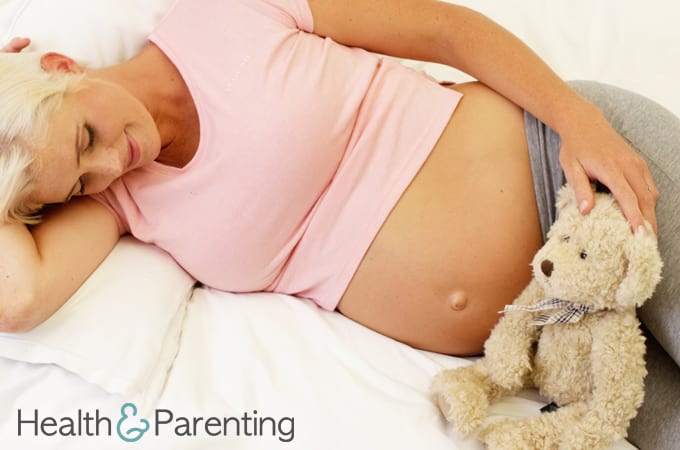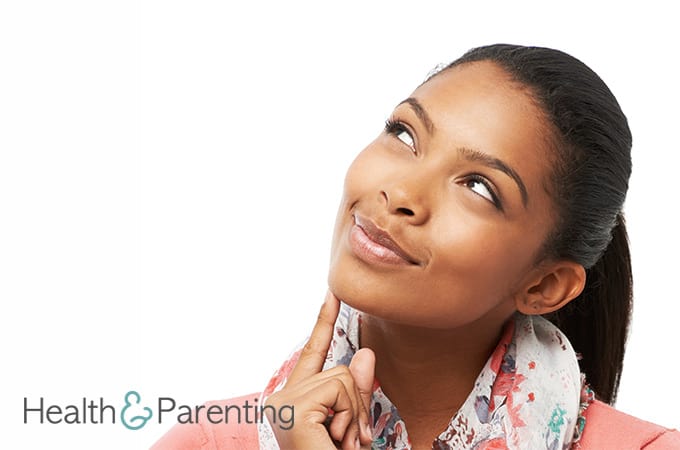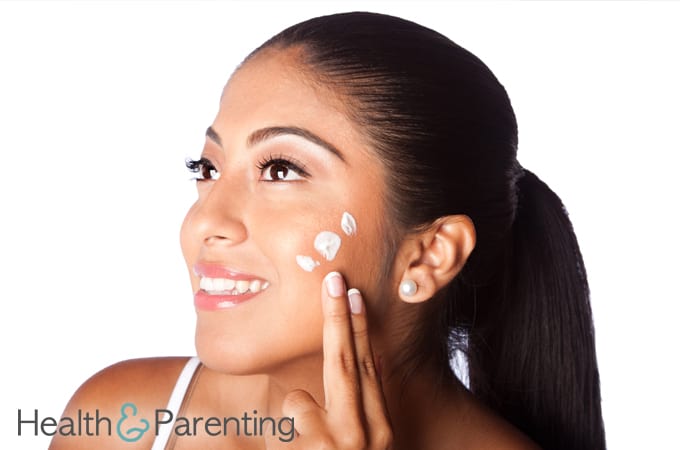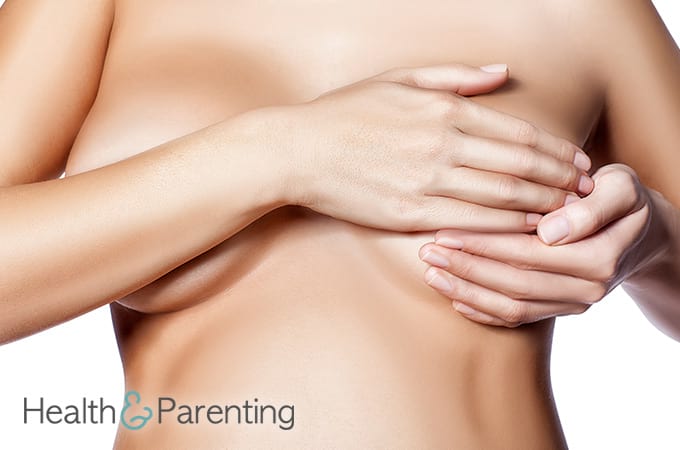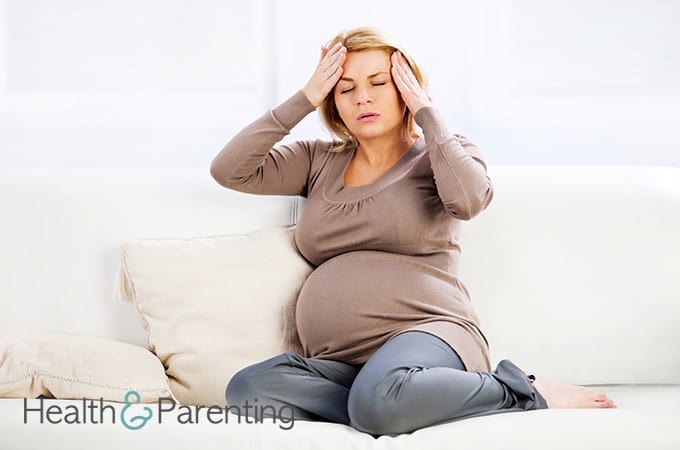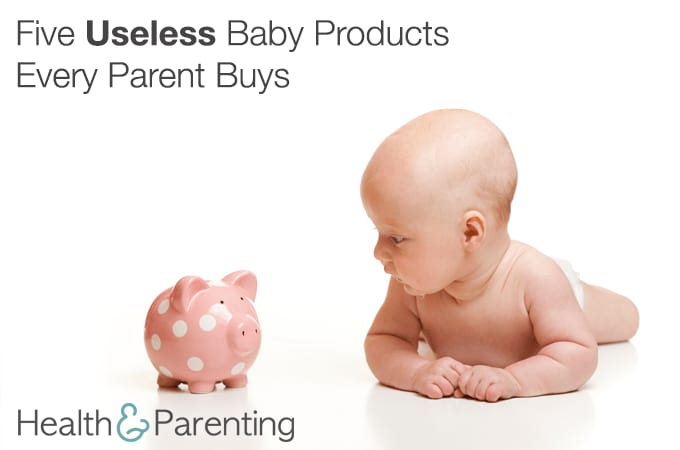If you rely on coffee to wake you up in the morning, you may be feeling slightly panicked at the idea that you have to go cold turkey for the next nine months. Should you give it up, or is it safe to drink coffee during pregnancy?
Caffeine recommendations
It is recommended that, while you are able to continue to drink caffeine throughout your pregnancy, you should limit your intake to 200mg a day. This equates to about two cups of instant coffee, or one cup of brewed coffee.
The 200mg should include all of your caffeine sources, not just coffee. For example, there’s no point cutting down to one cup of coffee a day by switching to caffeinated tea for your other nine cups. By doing that, you will still be exceeding the recommended daily caffeine intake. Tea, fizzy drinks and chocolate are all other sources of caffeine that you need to factor into your 200mg. A small bar of chocolate can contain as many as 50mg of caffeine, so it’s important that you keep track of all your dietary caffeine because it soon adds up.
If you usually drink coffee from outlets, you should bear in mind that the strength of the particular coffee can vary drastically between chains. It’s also important to note that the recommended allowance of two cups a day is referring to the regular coffee cups you have at home, not the bathtub size coffee mugs you find in some coffee houses.
Caffeine risks
There are a number of risks associated with regularly exceeding the daily recommended amount of caffeine, including:
- low birth weight
- miscarriage
Caffeine travels through the umbilical cord and can affect your baby. You may notice that she becomes unsettled, or you notice an increase in movements, shortly after you drink a cup of coffee.
Alternatives to coffee
Decaffeinated coffee is an obvious replacement during pregnancy. You’ll still be able to enjoy the great flavour, and might even be able to fool yourself into thinking you’re drinking a regular coffee.
During pregnancy, your body needs a higher intake of water. By drinking more water to fight your thirst, you may also help yourself to avoid fluid retention, reduce dizziness and enjoy that famous pregnancy ‘glow’.
Giving up caffeine
If you have decided to give up coffee for the duration of your pregnancy, you may experience caffeine withdrawal for a few days. Symptoms include:
- headaches
- tiredness
- irritability
- difficulty concentrating
After a few days, these symptoms will subside and you should feel much better.
Do you have any tried and tested tips for reducing your coffee intake during pregnancy?
Written by Fiona, proud owner of a toddler, @fiona_peacock
This information is not intended to replace the advice of a trained medical doctor. Health & Parenting Ltd disclaims any liability for the decisions you make based on this information, which is provided to you on a general information basis only and not as a substitute for personalized medical advice. All contents copyright © Health & Parenting Ltd 2017. All rights reserved.

